3. Introduction
Buongiorno!
I have a very serious question for you, reader.
Have you ever seen the big bang in person?
Are you absolutely sure?
Well, me neither.
But considering we might have shared that explosive origin full of atoms.
It is good to see you again, stardust. 🤝
Today's edition of Quote.# is about an Italian man who challenged many different paradigms and assured the construction of a bridge between two distinct worlds: faith and science.
Friar, philosopher, poet, cosmological theorist and esotericist (hermeticist), Bruno is regarded by some scholars as the “martyr of modern science” as much as his death is still considered a landmark in the history of free thought.
A true polymath of his time, Iordanus Bruno is a man who once decided to put the sun in the centre of your solar system.
Yes, your solar system.
But because of that, he was blamed guilty by the inquisition.
And was burned alive at the stake in Rome's Campo de' Fiori in 1600.
How bold can one possibly be?
Herectically bold?
Nah
How about…
Heliocentrically bold.

“Time is the father of truth; its mother is our mind.”
Giordano Bruno
3.1 Time is the father of truth.
And why time governs all forces.
Time was a subject discussed in depth in one of our first editions. If you are interested, check it out below.
Now, back to Mr. Bruno.
Heliocentrism is a theory that argues that the Sun is the centre of the Universe. Therefore, according to the logic of this astronomical theory, the planets orbit the Sun. It was first presented by the Renaissance mathematician, astronomer, and Catholic cleric, Nicolaus Copernicus.
After studying it, Giordano Bruno decided to raise a flag for the Copernican Revolution, going against the popular beliefs of the church and science.
Sometime after his death, the heliocentric theory gained widespread acceptance.
How could someone who had been right about something all along be blamed, guilty, and punished for sharing his galactic truth?
Or better, how could someone believe in something even when everyone around says it is wrong?
Well, he didn't care.
His commitment was to science, not applauses or external approvals.
He committed to his truth and the passion he cultivated for his multiple vocations.
And he helped change the world by doing so.
Time passed, and today, we are talking about his efforts. Applauding his achievements. 👏
Nikos Kazantzakis would very much call this “Resurrection through love.”
Authenticity, dear reader, can only come from the innermost depths of your essence. It is always a movement from the inside out; it is about understanding that you are a galaxy full of potential as much as you are part of the actual galaxy.

The root word of "father" is believed to be the Old English word "fæder." which is derived from the Proto-Germanic word "fader." In Latin, it would be “Patr”
A patron of the arts is etymologically a “father” who supports and protects artists by funding their artistic endeavours.
To patron is fundamentally different than to patronize, which can mean either to support or to treat condescendingly, depending on the context.
A patronymic is a surname in a family derived from the last name of the “father”, for example, the Irish name O'Connor, which would represent (descendant of Connor), or the Scandinavian name Johansson (son of Johan).
A paternal feeling toward someone comes from an emotional calling to protect or support - a byproduct of loving.
And so, as a synthesis of such etymology study…
And as a conclusion to the history of Giordano Bruno…
Truth is not always immediately evident but emerges gradually as time passes.
Through the passage of time, events unfold, perspectives shift, and knowledge deepens.
Ultimately leading to a clearer understanding of truth.
Which was fathered, or protected by the time.
3.2 Mind as the mother of truth.
And the cultivation of a healthy mind.
With so much information nowadays, how could it be tangible to filter out what noise is from what truth is? What information adds to our personal growth, and what information subtracts from it?
An in-depth investigation was published in a previous article 👇
But in a nutshell, the only tools that work for an increased cognition of truth are…
Self-knowledge (spiritual or intellectual) - So that you can better understand yourself and know what you should search for and in what direction you should look for answers. It is like knowing your favourite ingredients and learning more about them.
Critical Thinking (philosophical) - So that you can evaluate information and ideas in a thoughtful and discerning manner. It is like peeling the layers of an onion until you get to its core, finding that which represents the true essence of something.
Having a sharp intellect differs from having a sharp capacity to reason or discern. Someone can have a high level of intelligence but struggle with critical thinking skills, such as evaluating choices, the validity of arguments or recognizing logical fallacies.
Drawing the right conclusion is a diligent matter of investigating as many possibilities as possible with your mental stamina and muscle.
Like rather than just going through the first door you find, you take some time to identify all the other doors available for a choice, then you take some time to open every single one of them, and only when you feel that you have evaluated enough options, you pick one and go through it!
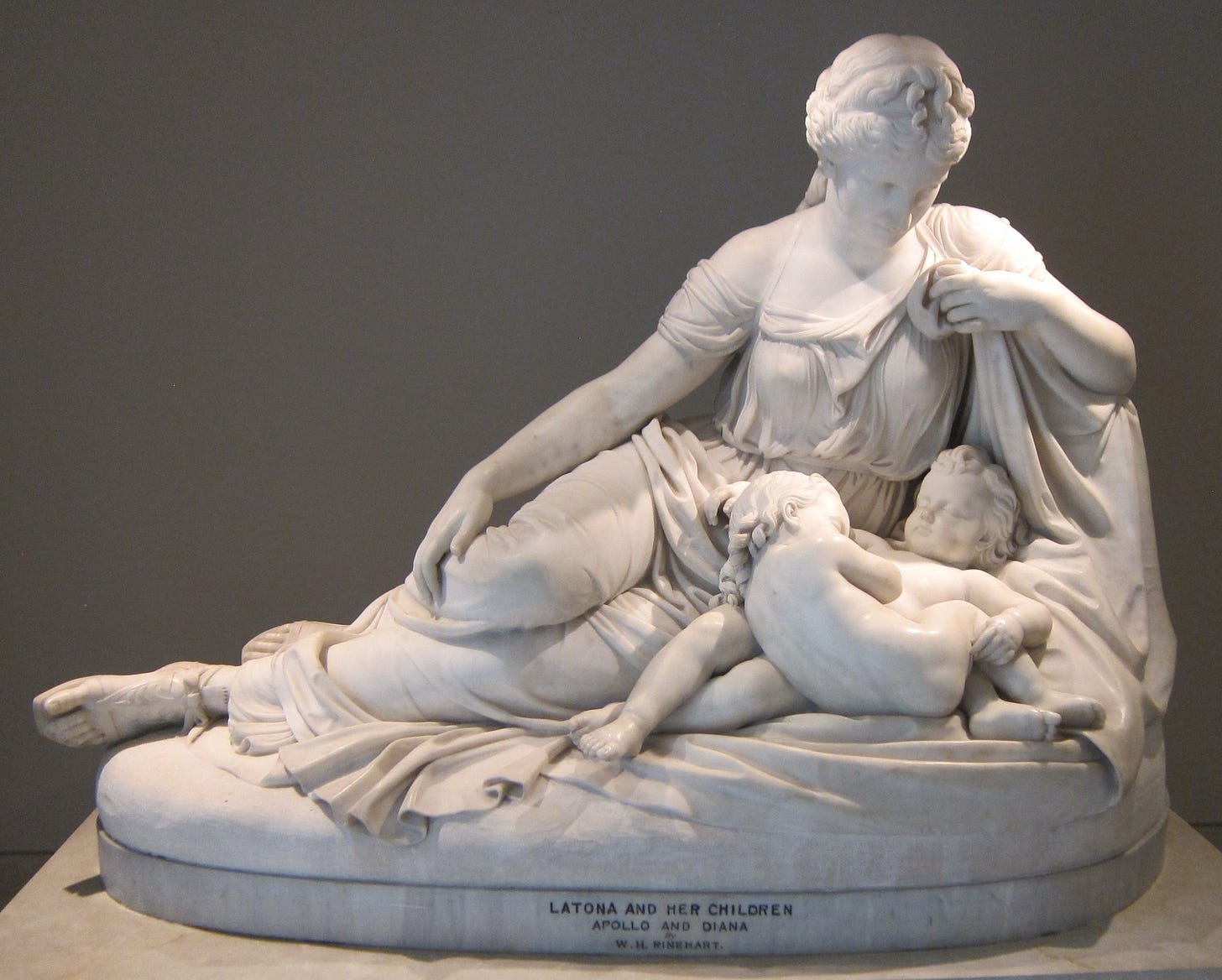
In ancient Greek mythology and religion, Leto is the goddess of motherhood and the mother of Apollo and Artemis. Hesiod describes Leto as "always mild, kind to men and to the immortal gods, mild from the beginning," the gentlest goddess in all Olympus.
The word "mother" has its origins in Old English "mōdor," which is akin to Old High German "mūtir," Old Irish "māthir," and Sanskrit "mātṛ." The Latin origin would be “mater”
A material or materials are the “mothers” from which things can be built or made.
When you matriculate into a school, that school becomes your “mother,” just like a “mother” who nourishes, cares for, and educates her children.
Water is known in ancient philosophical contexts or in alchemical tradition as "prima mater"—from Latin, meaning first + mother or source/origin. It represents the primordial substance from which all other substances can be formed or transmuted. In other words, without it, nothing can truly come into existence.
The word "matrix" comes from the Latin word "matrix," which means "womb" or "uterus." In computer science, a matrix can represent data arranged in rows and columns. In other contexts, "matrix" can refer to a cultural, social, or organizational context in which something is formed or developed.
To conceive something means having the capacity to nurture it to life.
Nurturing healthy information that is true can only come from a healthy mind with a maternal trait of nutritional care for conception and thinking.
And so, if we are to synthesize this etymology research with Giordano's Bruno history once again…
In a healthy mind, truth will always be evident.
Regardless of the hourglass of time, a nurtured mind can conceive an idea that feels wrong initially but grows in maturity with time and proves its trustworthiness.
Ultimately leading to the conception of truth.
Which was mothered or nurtured by the mind.
3.3 Movies
A story about motherhood.
If I could say one word about my experience watching Mother! on the cinema when it first premiered, I would pick the word: intense.
At a given moment in that cinema session, halfway through the movie, a woman got up from her chair, stomped her foot hard on the ground and yelled: “I WON'T watch this movie", going down the staircase and leaving the room afterwards.
This is not a movie for the faint of heart.
Darren Aronofsky's movies are known for their distinctive style, intense storytelling, and exploration of psychological and emotional themes.
Mother! is a story filled with biblical references that put the viewer in the skin of Jennifer Lawrence while building a home with the brilliant Spanish actor Javier Bardem. The couple's relationship is tested when uninvited guests arrive at their home, disrupting their tranquil existence.
If you want a movie that may cause discomfort but leave you reflective for a good time, this is your choice!


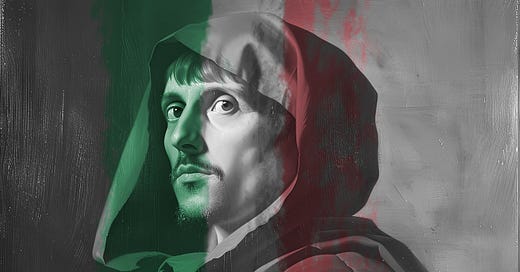


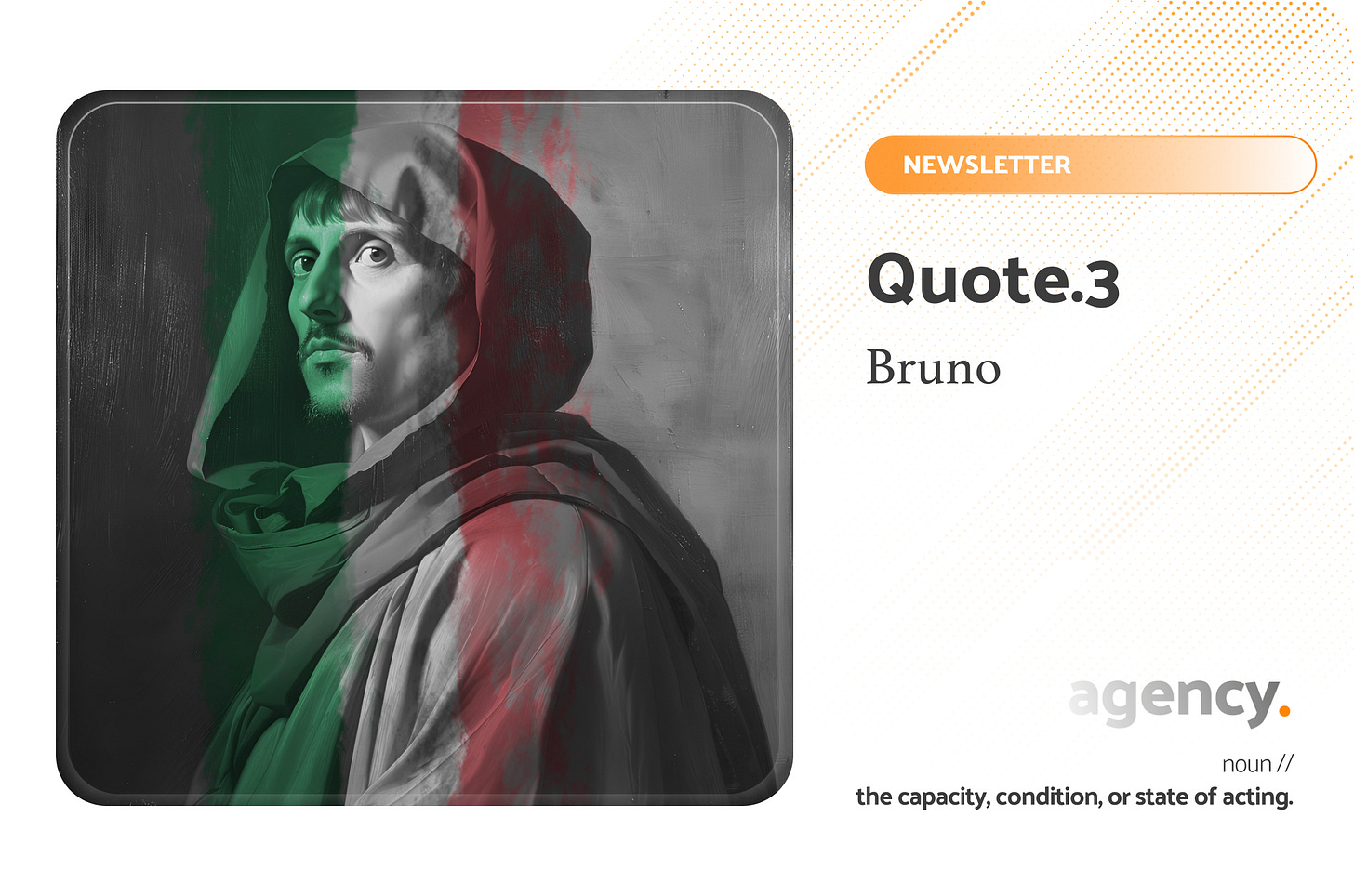
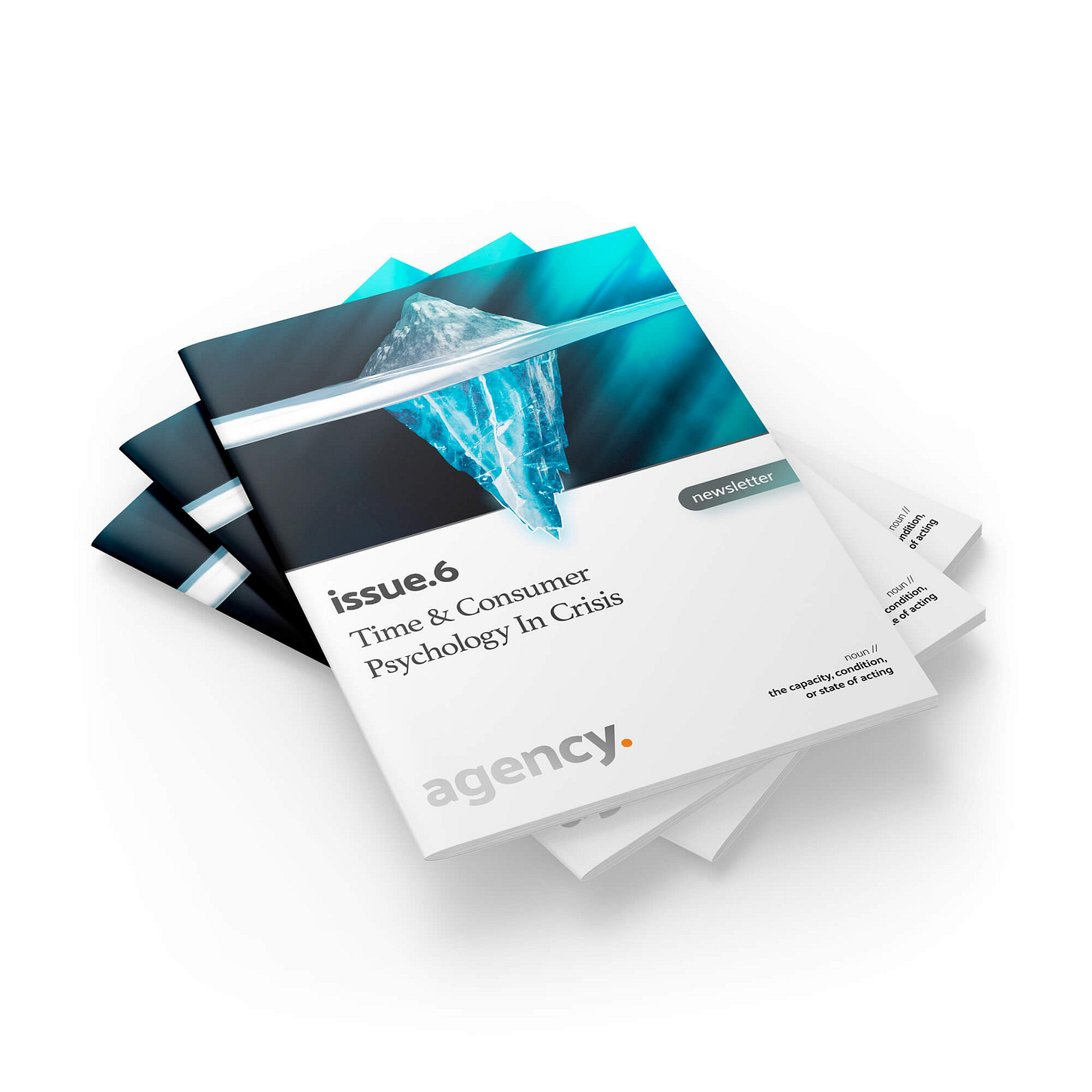
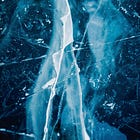
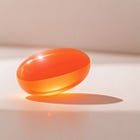
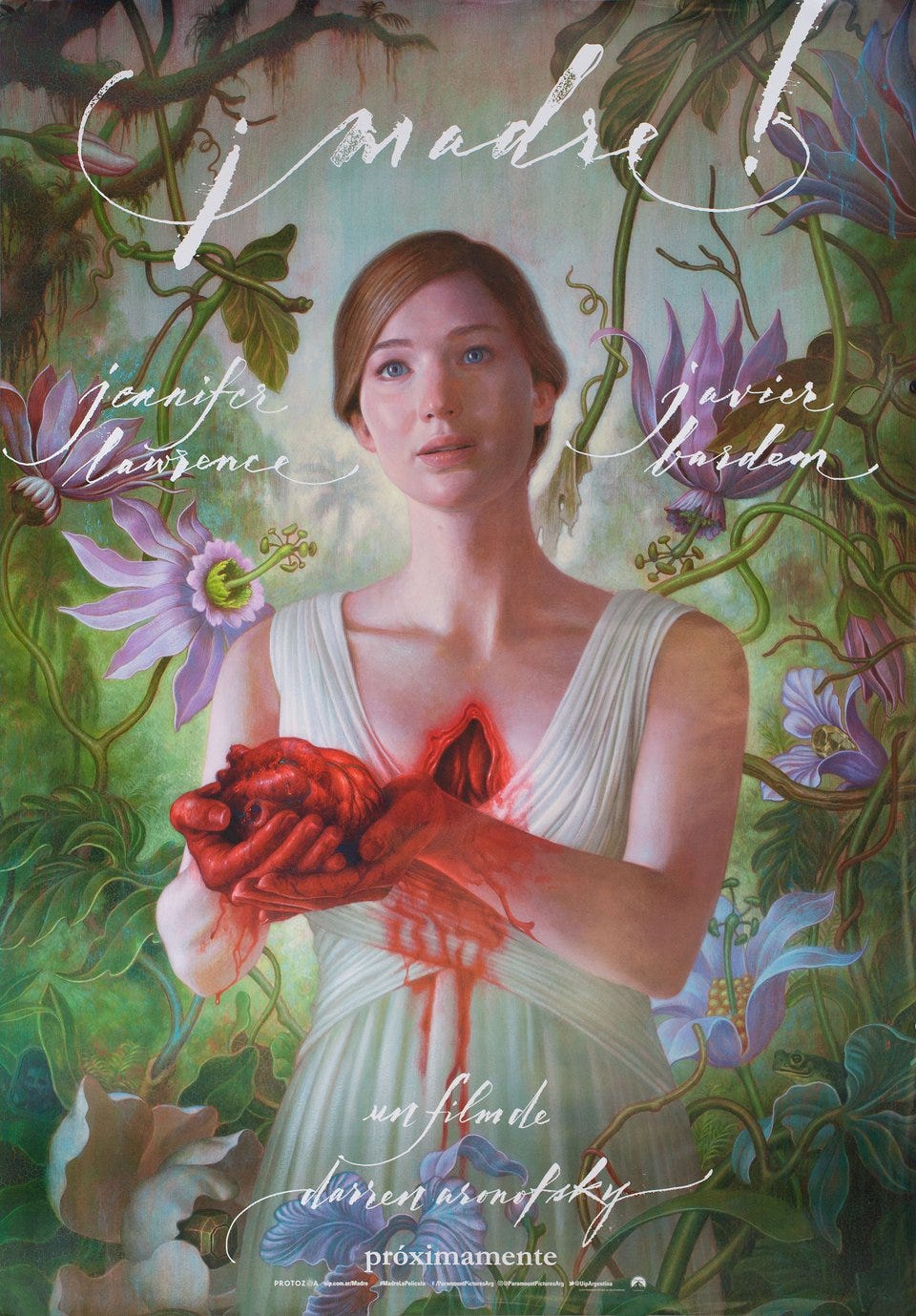
The words father, mother, brother, sister ( pitru,mature,brathru,sahodari) have their root in Sanskrit, an indo European language tree, demonstrating linguistic connections.